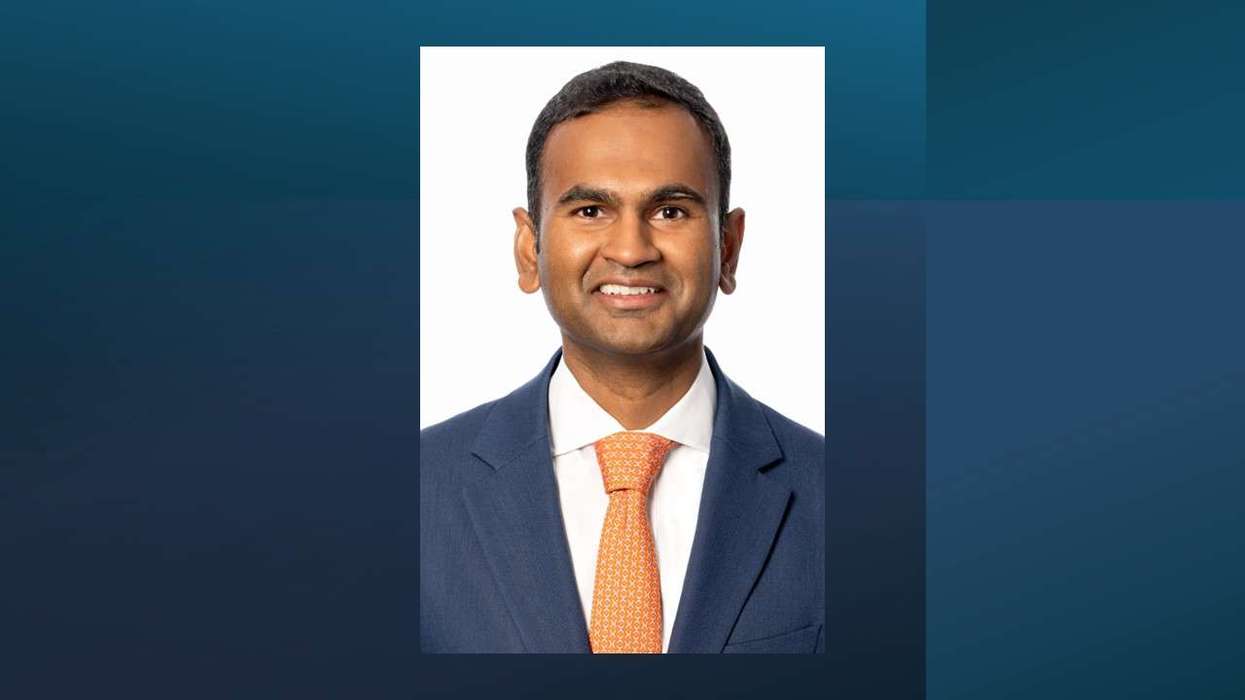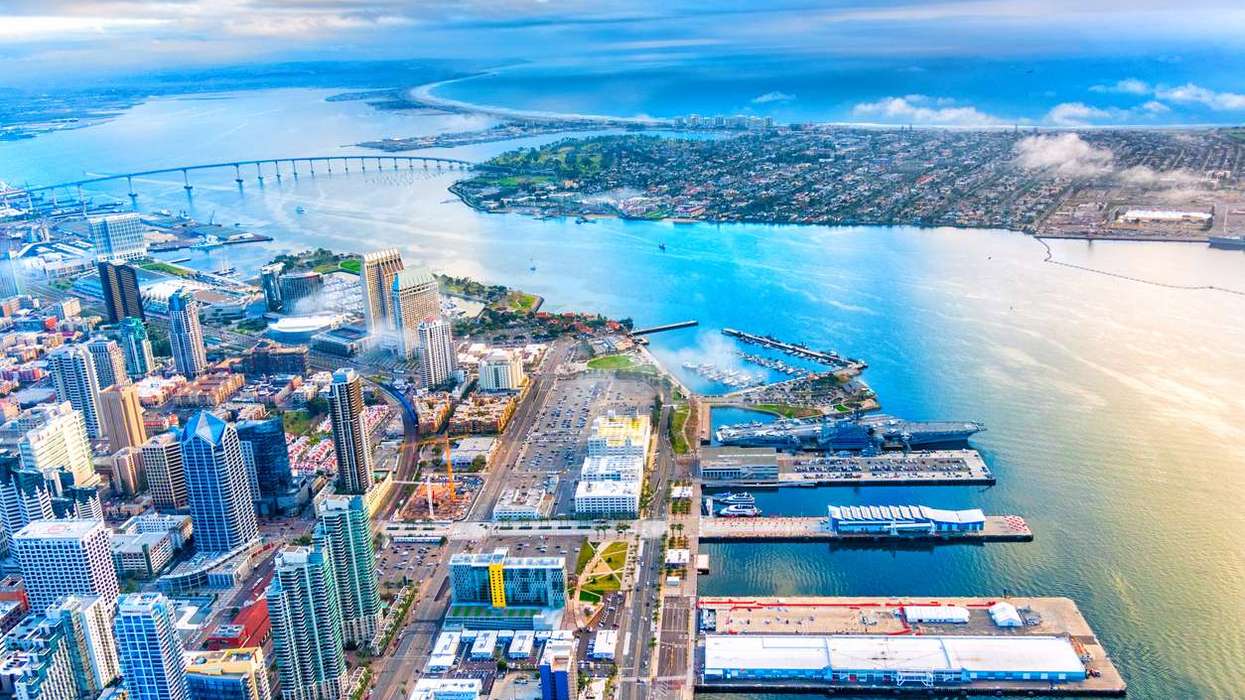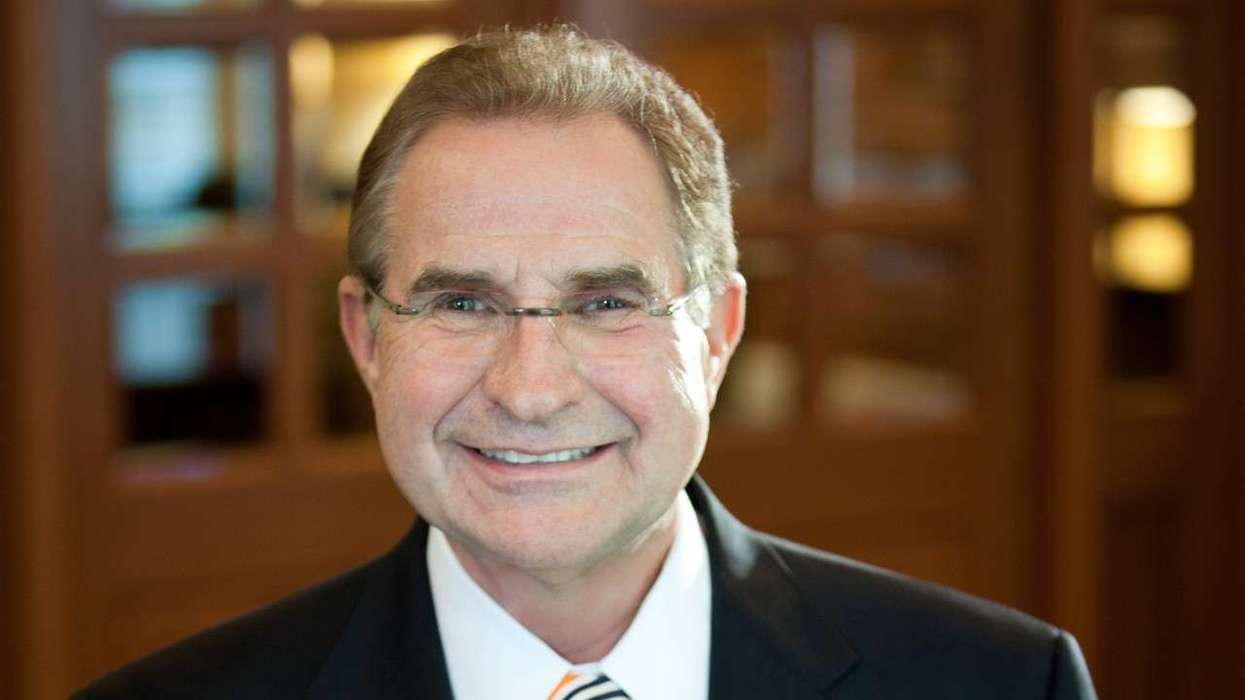MIDWAY THROUGH THE summer season, the U.S. hotel industry faces one of its most profound challenges in its history from the COVID-19 pandemic. A group of hoteliers and an expert sat down with Asian Hospitality at a virtual roundtable to discuss a path to recovery.
The conversation was held at a time when many states are seeing spikes in cases of the virus and reconsidering their economic reopening plans as a result. The hoteliers on the panel are in markets that had been seeing week-to-week increases in occupancy until the first week of July.
The panelists for the roundtable on saving the summer season were:
- Jan Freitag, STR’s senior vice president for lodging insights
- Miraj Patel, president, Wayside Investment Group in Houston
- Tim Heim, general manager and chief motivation officer for The Tuxon Hotel in Tucson, Arizona, owned by Vishal and Sunny Patel
- Jatin Desai, managing principal and CIO/CFO, Peachtree Hotel Group in Atlanta
The discussion began with Freitag’s explanations of U.S. hotel performance data for the week ending July 4 as released previously. RevPAR declined 44.8 percent during the week over the same time last year.
“The number of COVID cases spiking, the number of beaches closing had huge implications in Texas and in Florida,” Freitag said. “We make up Florida as breaking up into 13 markets and 11 of those last occupancy week-over-week.”
The results show that leisure travelers may be concerned about the rise in COVID-19 cases, either because they are afraid of getting sick or they fear the attractions they are traveling to see are closed.
For example, the beach in Galveston where Patel had opened a Red Roof Inn PLUS days before the pandemic struck. Like many hotels in drive-to destinations, business had been improving as states initially reopened their economies in April.
“We were very optimistic for July, and when I say optimistic the Fourth of July weekend was extremely high so we were very excited,” Patel said. “Three days before Fourth of July, the city announced the beach would be closed. So automatically, we saw cancellations”.
The Tuxon faced a similar setback after opening on July 3 with design features meant to increase sanitation and safety.
“About June 30 we had a lockdown and we're actually in a lockdown right now through July 27,” Heim said. “What occurred with that lockdown is all bars had to shut down, gyms shut down and some other facilities. Hotels were able to function and we were able to keep restaurants open, and pools can stay open.”
Being near the interstate, The Tuxon did draw some local travelers, Heim said. The precautions the hotel had taken did not go unappreciated.
“This week, although it has been a challenging week for us, we have received a lot of great feedback from our guests,” Heim said. “A lot of the things that we were doing were actually pre-COVID, so some of the tools that we have, the platforms that we have, and just really the layout of the property has really positioned us in this unfortunate circumstance to ensure that our guests are safe and that they still can have a hospitality experience.”
Peachtree Hospitality’s SpringHill Suites in Atlanta opened in July and its Element in Orlando opened at the end of June. Both are extended-stay hotels, a segment that has weathered the pandemic better than other types of hotels, and both saw decent occupancy in their opening weeks, Desai said.
“It was kind of what you're seeing kind of throughout the industry right now,” he said.
In the roundtable, Desai also provides some comparison of his company’s hotels across its portfolio of 52 properties.
“The ones that are performing the best, as you can imagine, are the beach properties in the drive-to markets,” he said. “If you look at the assets that are performing better from an occupancy perspective, it's obviously some of the extended-stay properties, as the data shows, and from an ADR perspective, it's absolutely the drive-to markets and the beach locations.”
Freitag discussed similar results during his introduction the July 4 data.
“What’s interesting to me is that the upper upscale hotels, the big boxes with large meeting rooms that are geared towards the meeting planner and the meeting attendee and the corporate travel attendee, they're still selling one in three rooms with basically zero groups in the U.S. today,” Freitag said. “And luxury did a little bit better that week of July 4, as well.”
The panelists also give their forecasts for where they think the industry will be next summer.
“I was much younger during the 2008, 2009 crisis, but from hearing the stories from my father's experience, the perspective that we kind of concluded was that at that time, it was a financial crisis, where people didn't have money to spend,” Patel said. “This time around it feels like people have the money and they're itching to spend it, but it seems like because of the restrictions they're not allowed to spend it.”
That observation made him optimistic for a surge in travel in the near future.
“Let's say the restrictions start to open up. Let's say that we find a vaccine in the next two, three months. I think we're going to see a skyrocket, and it won't be a slow ramp up is my personal feeling because I feel that people have the money right now,” he said.
Heim had home mixed with caution for the future.
“I think we are going to see increases, hopefully, ideally, we want to be out of this [pandemic] soon, but I think when you look at the bigger picture, this could be our new normal for quite some time,” Heim said. “I think this is really just pushing us to get creative to maybe implement new technology pieces, think outside the box more.”
Desai laid out his idea for needs to happen to stimulate a true recovery.
“Looking at our portfolio, the thing that really needs to come out, whether it's a vaccine, whether it's mask wearing implemented across the country, or whatever the case is to make people feel comfortable to get out and travel,” Desai said. “Once that happens for the leisure guest and the more transient guest, then the corporate will follow.”
Freitag presented STR’s official forecast, showing light at the end of a long tunnel.
“We're suggesting that this year RevPAR is going to come down 50 percent, driven down by room demand declines of 36 percent,” Freitag said. “Supply is going to continue to increase but not as much as it was in 2019. So, demand down by well over a third and room rates down by 20 percent.”
Room demand may be back to 2019 levels by 2023, Freitag said, but ADR and RevPAR won’t be recovering in STR’s forecast horizon of 2025.
“Drive-to over flying, economy over high end and access to something natural, such as a beach or state park versus downtown concrete towers,” he said at the roundtable’s conclusion. “That's how I look about think about the world in 2020.”





